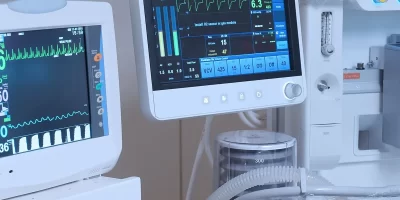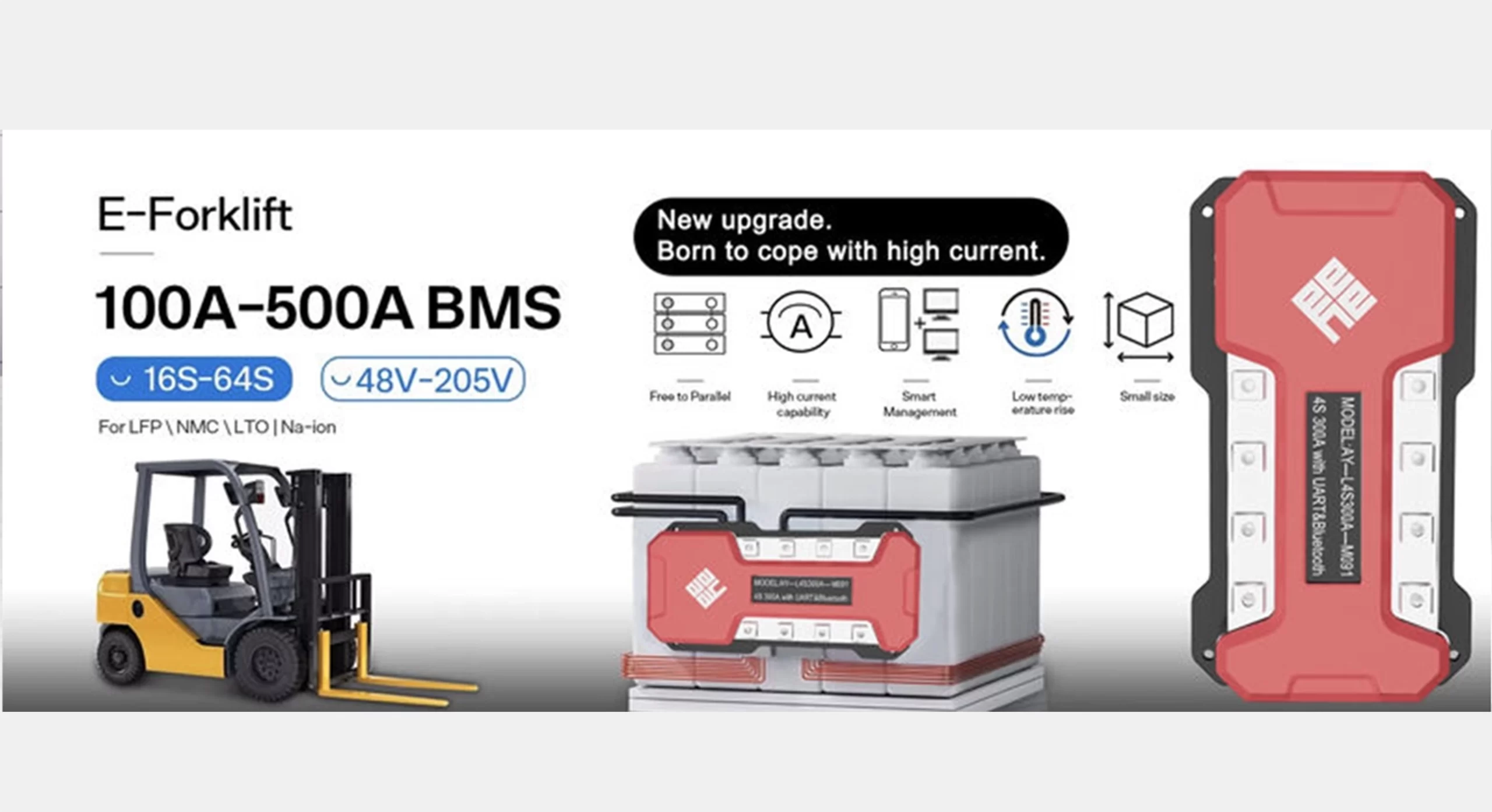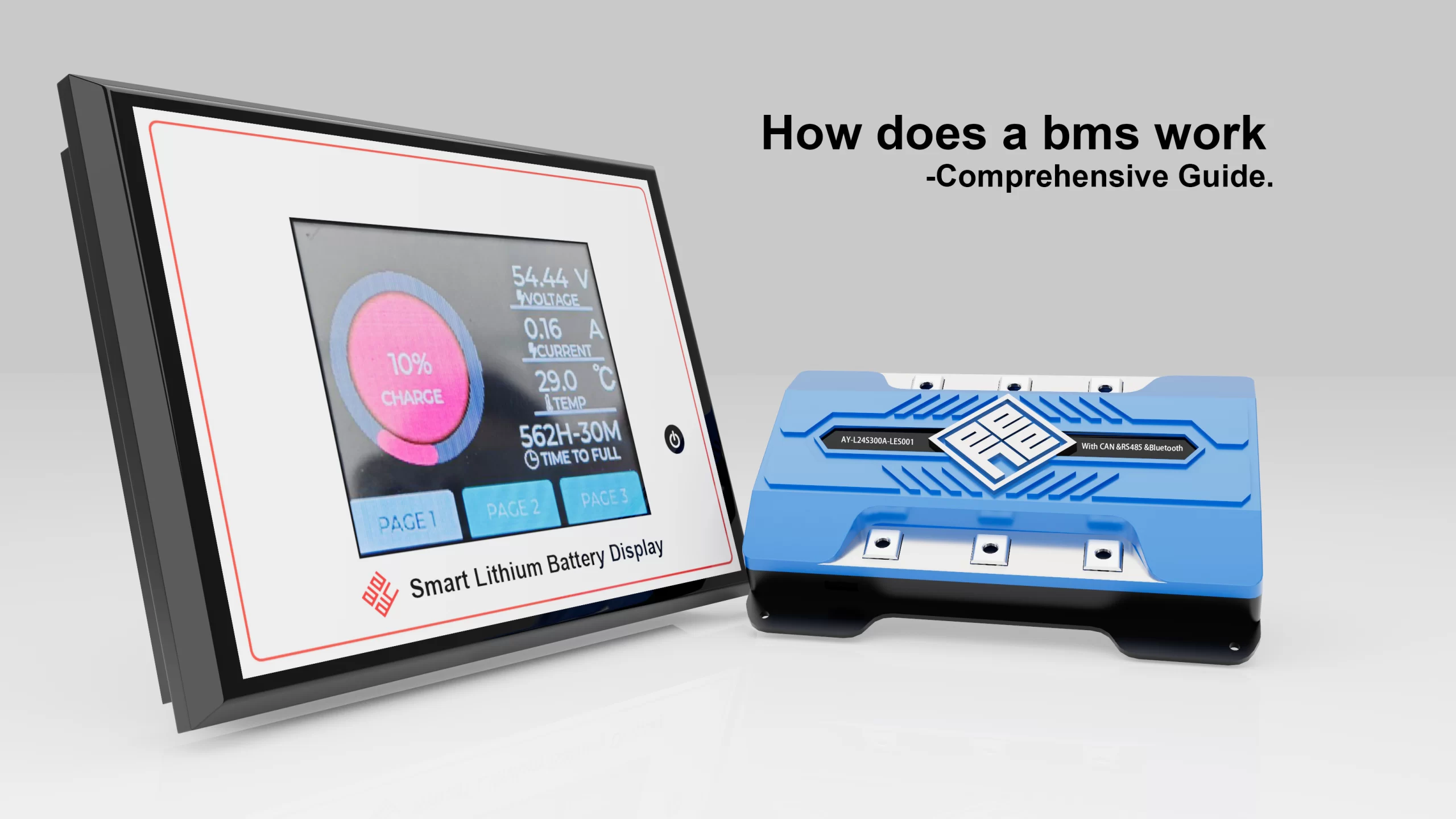ホームページ About Us EVENTS & NEWS BMS Battery Meaning Explained: The Smart Technology Behind Safe and Efficient Power Systems
BMS Battery Meaning Explained: The Smart Technology Behind Safe and Efficient Power Systems
BMS Battery Meaning Explained: The Smart Technology Behind Safe and Efficient Power Systems
A term that comes up frequently among professionals in the sector in the rapidly changing energy landscape of today is “BMS battery.” But what is the real BMS battery meaning, and why is it so vital in modern energy systems like electric vehicles (EVs), energy storage systems (ESS), and consumer electronics?
This comprehensive article will explore the BMS battery meaning, explain how a Battery Management System (BMS) works, its architecture, critical features, and real-world applications.

What is the BMS Battery Meaning?
The BMS battery meaning refers to the integration of a Battery Management System (BMS) into a rechargeable battery pack, allowing it to be intelligently monitored, protected, balanced, and managed. A BMS battery has active circuitry that guarantees safety, dependability, and peak performance in addition to passive protection.
Fundamentally, a BMS performs four main tasks:
- Monitoring: Measures important variables like temperature, voltage, current, and state-of-charge (SOC).
- Protection: Avoids short circuits, overheating, overcharging, and over discharging.
- Balancing: Guarantees that the voltage of a battery pack is constant across all of its cells.
- Communication: Allows for remote diagnosis and control by sending battery data to external systems.
In high-demand systems like EVs and industrial energy storage, the BMS battery meaning is synonymous with intelligent safety. Lithium-based batteries, especially Li-ion and LiFePO4, are susceptible to failure, thermal runaway, and decreased performance in the absence of a BMS.
Structure and Composition of a BMS Battery
Understanding the BMS battery meaning also requires analyzing the components that make up a BMS:
- Battery Monitoring Unit (BMU): Gathers information on current, temperature, and voltage.
- Microcontroller Unit (MCU): Runs safety algorithms and processes data in real time.
- Balancing Circuit: Equalizes cell voltages using passive or active balancing techniques.
- Communication Interface: Communicates with external controllers or applications via Bluetooth, SMBus, or CAN.
In essence, the BMS battery is the result of hardware and software working together. Real-world situations are sensed by the hardware, and software (firmware and embedded algorithms) decodes the data to enable intelligent action.
How Does a BMS Battery Work?
Let’s examine a BMS battery’s working logic in more detail. It continuously checks the charging/discharging current, pack temperature, and voltage of each cell. Using the information, it calculates:
- State of Charge (SOC) – How much usable capacity remains.
- State of Health (SOH) – The battery’s long-term degradation.
- State of Power (SOP) – How much power can be safely drawn or charged.
The BMS makes sure that every cell in the battery pack reaches a consistent voltage level by means of its balancing function. Preventing early failure and unequal capacity allocation is crucial.
In the meanwhile, temperature regulation is essential for preventing overheating, particularly when charging or discharging at high C rates.
The BMS battery meaning is directly tied to these automated protective and optimization features, which make modern battery-powered systems not only viable but scalable.
Application Scenarios: Where BMS Battery Systems Shine
The BMS battery meaning becomes clearer when examining how crucial it is across various industries:
1. Electric Vehicles (EVs)
A BMS battery in an EV makes sure the lithium battery pack runs safely during quick charging, regenerative braking, and rapid acceleration. It ensures ideal temperature and energy management by interacting with the car’s ECU and charging stations.
2. Energy Storage Systems (ESS)
A BMS battery provides intelligent control over charge/discharge cycles, peak shaving, and solar energy integration for energy storage at the home, business, or grid level. It increases return on investment, improves safety, and prolongs battery life.
3. Consumer Electronics
Miniature BMS batteries are useful for medical devices, drones, laptops, and smartphones. These devices provide users or programs with real-time status updates while maintaining safe operating conditions.
Key Features of High-Performance BMS Batteries
- High-precision Monitoring: Ensures precise SOC computation by measuring voltages to ±1mV precision.
- Dynamic Cell Balancing: Rebalances energy between cells when charging by using active balancing.
- Thermal Protection: Features active cooling triggers and multi-point temperature sensors.
- Real-Time Data Communication: Adaptable to cloud and IoT technologies, enabling predictive maintenance and remote fleet diagnostics.
- Modular Design: Scalable from megawatt-class battery systems to tiny portable packs.
Safety, Maintenance, and Optimization
Optimizing setup and performing routine maintenance are crucial for getting the most out of a BMS battery. This comprises:
- Firmware updates to fix bugs and improve algorithm efficiency.
- Calibration checks for voltage and current sensors.
- Environmental precautions to ensure proper ventilation, moisture control, and electromagnetic shielding.
The definition of a BMS battery also includes fault diagnostics; contemporary BMS systems are able to identify anomalous cell behavior, communication breakdowns, or overheating, enabling prompt remediation.
Economic and Environmental Value of BMS Batteries
A well-designed BMS battery is more cost-effective in addition to being safer. Reduced maintenance requirements and longer battery lifespan result in a much reduced total cost of ownership.
In terms of the environment, a BMS battery supports sustainability objectives and regulatory compliance (e.g., EU Battery Directive, RoHS) by preventing premature cell disposal.
Why Shenzhen Ayaa Technology Co., Ltd. Leads in BMS Battery Innovation
Shenzhen Ayaa Technology Co., Ltd. is a reliable partner for high-performance BMS battery solutions with over 20 years of joint R&D and international deployment experience. Our cutting-edge technologies are used in applications involving lithium-ion, LiFePO4, and Li-Polymer chemistries:
- Electric vehicles and e-mobility platforms
- Residential and commercial energy storage
- Industrial robotics and medical devices
- Aerospace and UAVs
Strong safety logic, cloud connectivity capabilities, and CAN/SMBUS/Bluetooth connections are all built into our flexible and scalable BMS solutions.
Whether you need a 3S 5A micro BMS for a smart wearable or a 24S 300A unit for a forklift or off-grid ESS, Shenzhen Ayaa Technology delivers solutions that define the modern BMS battery meaning.
FAQ
Q: What does a BMS do in a battery?
A: To ensure safe and effective functioning, a battery pack is monitored, managed, and safeguarded by a Battery Management System (BMS). Cell balance, voltage monitoring, overcharge/overdischarge protection, and temperature control are its main areas of emphasis.
Q: Do I need a BMS for each battery?
A: Is a BMS required for every battery? In a multi-cell battery pack, a single BMS usually controls the entire pack rather than just individual cells. If you have several separate battery packs, though, each one needs its own BMS in order to keep an eye on and safeguard its cells.
Q: Can you overcharge a lithium battery with a BMS?
A: Lithium batteries are shielded from overcharging by the Battery Management System (BMS). An electronic system called a BMS keeps an eye on and controls a number of battery-related functions. Among its main duties are: Voltage Monitoring: Every cell in the battery pack has its voltage levels continuously monitored by the BMS.
The BMS battery meaning goes far beyond a simple battery controller—it’s the central intelligence that ensures safety, performance, and efficiency in every modern power system. To fully utilize lithium batteries, the BMS is necessary for everything from safety to balancing, from SOC estimate to real-time data sharing.
Shenzhen Ayaa Technology Co., Ltd. is a world leader in BMS design and production, providing a wide range of dependable, adaptable, and high-performing BMS battery solutions. Are you prepared to change your battery-operated product?
Let’s power the future—safely and smartly—with BMS batteries.













